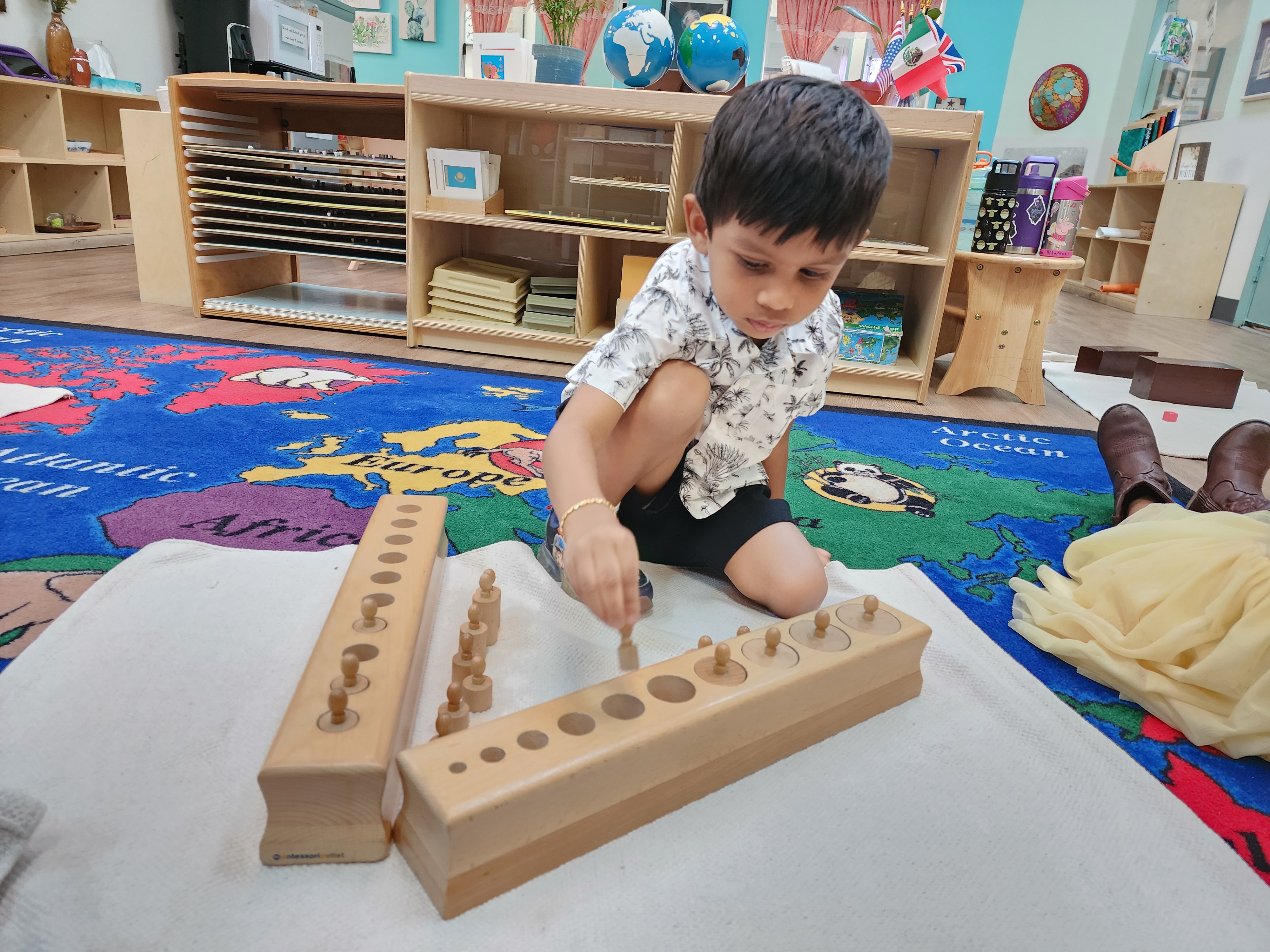Montessori education is a child-centered approach that emphasizes independence, freedom within limits, and respect for a child's natural psychological development. This educational method, developed by Dr. Maria Montessori, has been recognized for its effectiveness in promoting holistic growth and development in children. While Montessori schools are popular for primary education, the principles of Montessori can also be applied in daycare settings to create enriching environments for young children. Let's explore the benefits of incorporating Montessori education in daycare settings.
The Principles of Montessori Education
Key Principles:
- Child-centered approach
- Emphasis on independence
- Freedom within limits
- Respect for natural development
Montessori education is grounded in several key principles that guide its implementation in daycare settings. These principles include:
- Child-centered approach: Montessori education focuses on the needs and interests of the child, promoting self-directed learning and exploration.
- Emphasis on independence: Children are encouraged to develop independence and self-reliance through hands-on learning experiences.
- Freedom within limits: While children have the freedom to choose their activities, they also learn to respect boundaries and follow rules within the classroom environment.
- Respect for natural development: Montessori education recognizes and supports the natural growth and development of children, providing them with the tools and resources they need to reach their full potential.
Benefits of Montessori Education in Daycare Settings
1. Promotes Independence and Self-Confidence
- Children in Montessori daycare settings are given the freedom to make choices and decisions about their learning activities.
- This sense of agency helps children develop independence, self-confidence, and a sense of ownership over their education.
2. Encourages Hands-On Learning
- Montessori education emphasizes hands-on learning experiences, such as sensory activities, practical life skills, and exploration of the natural world.
- Children in daycare settings benefit from this experiential learning approach, which helps them understand concepts through direct experience and manipulation of materials.
3. Fosters a Love for Learning
- By allowing children to follow their interests and pursue topics that spark their curiosity, Montessori education fosters a lifelong love for learning.
- Daycare settings that incorporate Montessori principles create environments where children are motivated and engaged in their learning journey.
4. Supports Social and Emotional Development
- Montessori education promotes collaboration, communication, and conflict resolution skills through group activities and peer interactions.
- Children learn to work together, respect each other's differences, and develop empathy and emotional intelligence in daycare settings that embrace Montessori principles.
Implementing Montessori Education in Daycare Settings
Key Strategies:
- Provide a prepared environment with developmentally appropriate materials
- Offer freedom of choice within structured routines
- Encourage mixed-age groups for peer learning opportunities
- Focus on individualized learning and progress tracking
Implementing Montessori education in daycare settings requires thoughtful planning and intentional design of the learning environment. Here are some key strategies for incorporating Montessori principles in daycare:
- Provide a prepared environment with developmentally appropriate materials: Ensure that the daycare space is organized and equipped with Montessori materials that support hands-on learning and exploration.
- Offer freedom of choice within structured routines: Create a balance between freedom and structure by allowing children to choose their activities while maintaining consistency and predictability in daily routines.
- Encourage mixed-age groups for peer learning opportunities: Foster a sense of community and collaboration by grouping children of different ages together, allowing for peer teaching and learning experiences.
- Focus on individualized learning and progress tracking: Tailor learning activities to each child's unique needs and interests, and track their progress to provide targeted support and encouragement.
Conclusion
Montessori education offers a child-centered approach that promotes holistic development and fosters a love for learning in young children. By incorporating Montessori principles in daycare settings, educators can create enriching environments that support independence, hands-on learning, social-emotional growth, and individualized progress tracking. Through intentional implementation of Montessori education, daycare settings can empower children to become confident, curious, and engaged learners from a young age.
